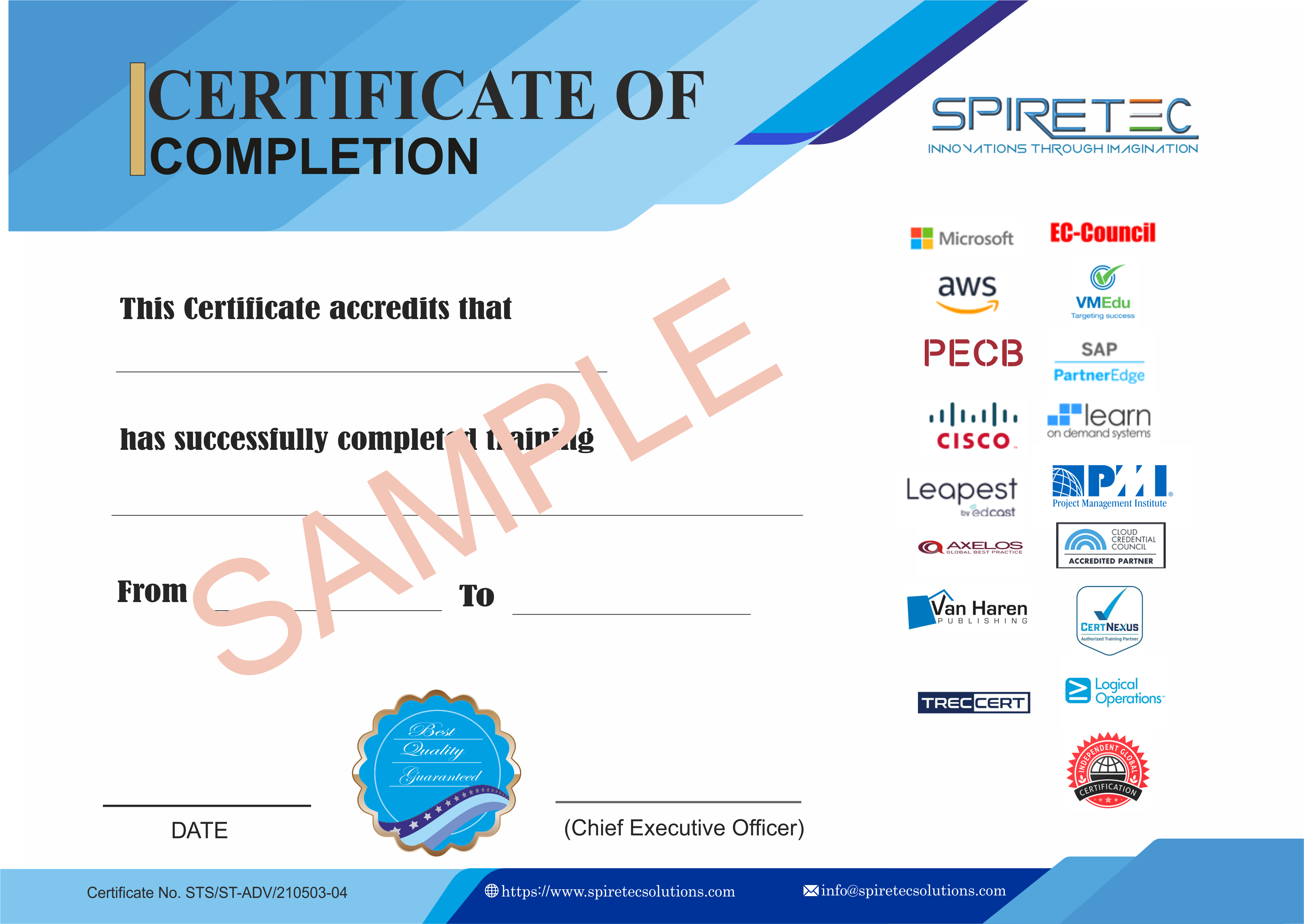In this training course, you will learn about the various aspects of a CMS, including the compliance policy, compliance culture, compliance risk assessment, operational controls, performance measurements, leadership and commitment, internal audit, management review, and continual improvement.
The benefits of implementing a compliance management system (CMS) based on ISO 37301 are manifold: helping the organization avoid or mitigate the costs, damage of noncompliance, ensuring the long-term sustainability of the organization, promoting trust and confidence, encouraging good governance practices, due diligence, and ethically sound business dealings, etc.
Training course provides the knowledge needed to establish, implement, manage, maintain, and continually improve a CMS, as well as the best practices and approaches used for the implementation and subsequent maintenance of the CMS.
Why Should You Attend?
The PECB Certified ISO 37301 Lead Auditor training course is designed to develop your competence in conducting compliance management system (CMS) audits. This course covers widely recognized audit principles, procedures, and techniques to ensure effective CMS audits, focusing on ISO 37301 requirements.
As organizations increasingly seek qualified auditors to evaluate adherence to ISO 37301, this training provides the skills necessary for successful audits. You will gain expertise in planning and executing CMS audits according to ISO 19011 guidelines and the certification process outlined in ISO/IEC 17021-1. Completing this course can qualify you to conduct audits on behalf of conformity assessment bodies.
The training includes exercises, quizzes, and case studies that cover essential aspects of CMS audits, such as understanding ISO 37301 requirements, applying auditing principles, leading audit teams, conducting interviews, reviewing documentation, drafting nonconformity reports, and preparing final audit reports.
Upon successful completion of the course and exam, you can earn the “PECB Certified ISO 37301 Lead Auditor” credential, which demonstrates your ability to audit CMSs based on ISO 37301.
Who Should Attend?
-
Auditors seeking to perform and lead CMS audits
-
Managers or consultants aiming to master the CMS audit process
-
Individuals responsible for maintaining ISO 37301 conformity in an organization
-
Technical experts preparing for CMS audits
-
Expert advisors and compliance officers
Learning Objectives
By the end of this course, participants will be able to:
-
Understand CMS Concepts: Comprehend the main concepts and processes of a CMS based on ISO 37301.
-
Relate ISO 37301 to Other Standards: Understand the relationship between ISO 37301 and other standards and regulatory frameworks.
-
Conduct CMS Audits: Plan, lead, and follow up on CMS audits according to ISO 19011 guidelines.
-
Interpret ISO 37301 Requirements: Apply ISO 37301 requirements in the context of a CMS audit.
-
Audit Planning and Execution: Plan audits, lead audit teams, draft nonconformity reports, and follow up on audits.
-
Professional Conduct: Act with due professional care during audits.
Educational Approach
-
Theories and Best Practices: Learn theories, approaches, and best practices in ISO management system audits.
-
Practical Examples: Engage in lecture sessions illustrated with real-world case studies.
-
Case Studies and Exercises: Participate in practical exercises, role-playing, and discussions based on case studies.
-
Interactive Learning: Collaborate and discuss with fellow participants through questions and suggestions.
-
Exam Preparation: Take quizzes with stand-alone and scenario-based questions to prepare for the certification exam.
Course Outline:
Module 1: Introduction to ISO 37301
-
Scope
-
Normative References
-
Terms and Definitions
Module 2: Introduction of Compliance
-
What is Compliance?
-
Compliance Types
Module 3: Compliance Department
-
What is Compliance Monitoring?
-
Department Members
-
Functions of Compliance Officer
-
Common Areas of Compliance
Module 4: Compliance Management System (CMS)
-
Compliance Management
-
Compliance Management System
-
Elements
-
Who is Responsible for Compliance Management?
-
Risk-Based Compliance Management Solutions
Module 5: Context of the Organisation
Module 6: Leadership
-
Leadership and Commitment
-
Compliance Policy
-
Roles, Responsibilities, and Authorities
Module 7: Planning
Module 8: Compliance Audit
-
Purpose
-
How are Compliance Audits Conducted?
-
Internal Vs Compliance Audit
-
Compliance Audit Procedures
-
Understanding Compliance Auditing
-
General Principles
Module 9: Compliance Audit Plan
-
Audit Universe and Annual Compliance Audit Plans
-
Apex Auditable Entities and Audit Units
-
Risk Profiling
-
Annual Compliance Audit Plans
Module 10: Support
-
Resources
-
Competence
-
Awareness
-
Communication
-
Documented Information
Module 11: Operation
Module 12: Performance Evaluation
Module 13: Planning Compliance Audits
-
Planning for Individual Compliance Audits
-
Scope of Audit
-
Compliance Audit Objectives
-
Criteria
-
Materiality
-
Risk Assessment
-
Compliance Auditing in Digital Environment
-
Team Composition
-
Intimation to the Auditable Entity
Module 14: Create Effective Compliance Programme
-
Key Elements of an Effective Compliance Programme
-
Determine Your Compliance Management System
-
Consequences of Non-Compliance
-
Reduce Risk
-
Steps to Create an Effective Compliance Programme
Module 15: Compliance Monitoring
-
Monitoring and Auditing
-
Framework for Monitoring
Module 16: Improvement
Module 17: Compliance Auditor
Module 18: Conducting Compliance Audits
Module 19: On-Site Audit Activities
-
Opening Meeting
-
Document Review
-
Detailed Site Inspection
-
Staff Interview
-
Review Audit Evidence
-
Closing Meeting
Module 20: Reporting Compliance Audits







 Live Online Training (Duration : 40 Hours)
Live Online Training (Duration : 40 Hours)
